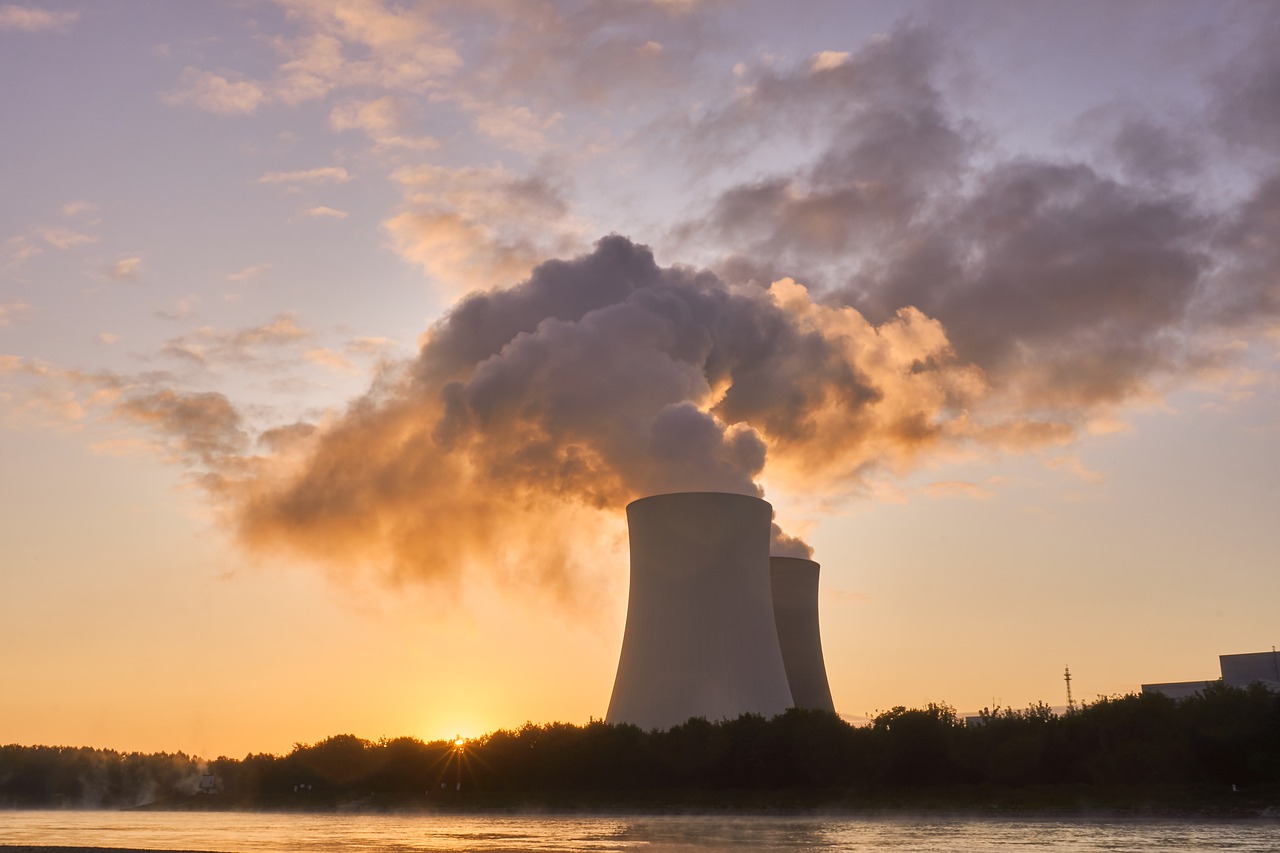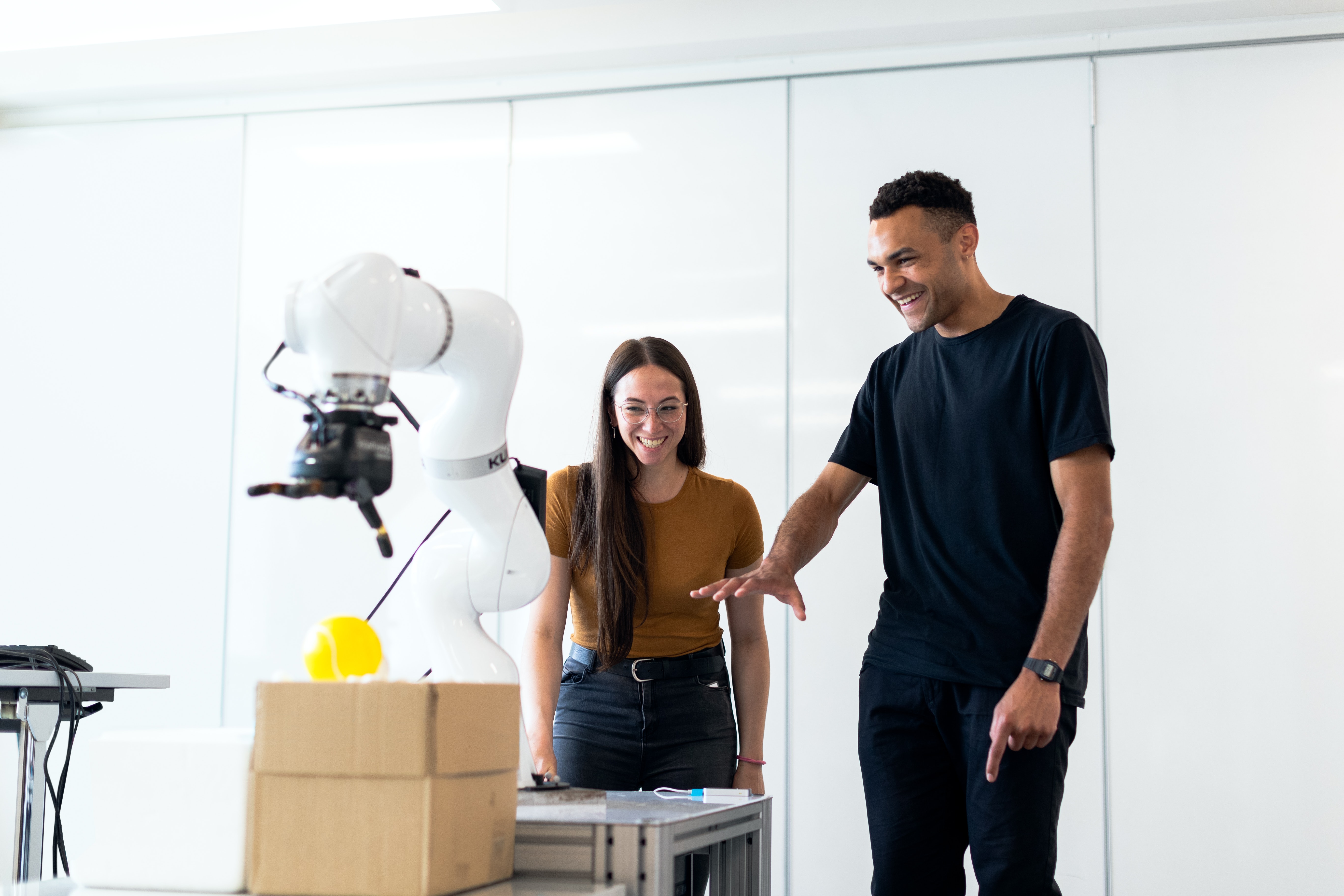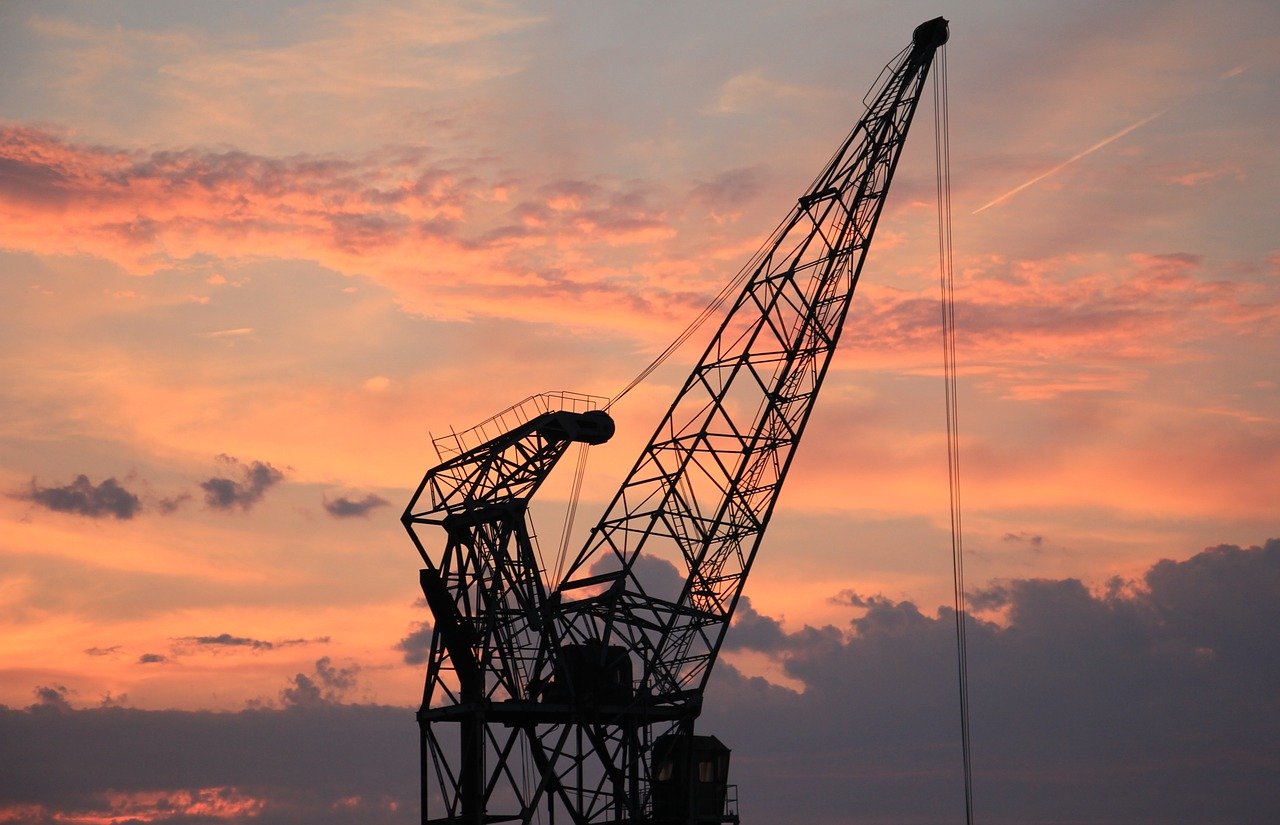The Unit 1 reactor of the Barakah nuclear power plant in Abu Dhabi has achieved 80%, reaching a milestone worthy of celebration for its shareholders ENEC (Emirates Nuclear Energy Corporation) and KEPCO (Korea Electric Power Corporation).
This is happening as part of the “Power Ascension Testing” (PAT) process during which engineers collect data, test control and safety systems, and ensure that everything works as expected.
The Barakah nuclear power plant began construction in July 2012, and Unit 1 is the first to reach this stage. There will be three more using the same type of pressurized water reactor, the APR-1400, but those will be commissioned later. The total cost of the project is $24.4 billion USD, and the nameplate capacity is going to be 1,345 MW for each unit.
After eight years in construction, seeing the Unit 1 reactor reach 80% successfully is both a relief and a vindication for the engineers involved in the project.
Now, the plant’s operations team will gradually take the reactor to 100% capacity, as required by the PAT process. If all goes well, the plant will finally enter the stage of commercial operations, sending power across the United Arab Emirates.
The Barakah nuclear power plant adheres to the latest and most stringent operational and safety standards and is the cornerstone of the UAE Peaceful Nuclear Energy Programme. However, the project hasn’t managed to stay clear of foreign criticism in the recent past.
In March 2019, the International Atomic Energy Agency (IAEA) has received a complaint letter from Qatar, stating concerns about safety and lack of cooperation with regional states. Qatar is less than a hundred kilometers away from the new nuclear plant, and their relations with the UAE have been severed ever since the 2017 diplomatic crisis, so they have justified, even if unsubstantiated fears.







